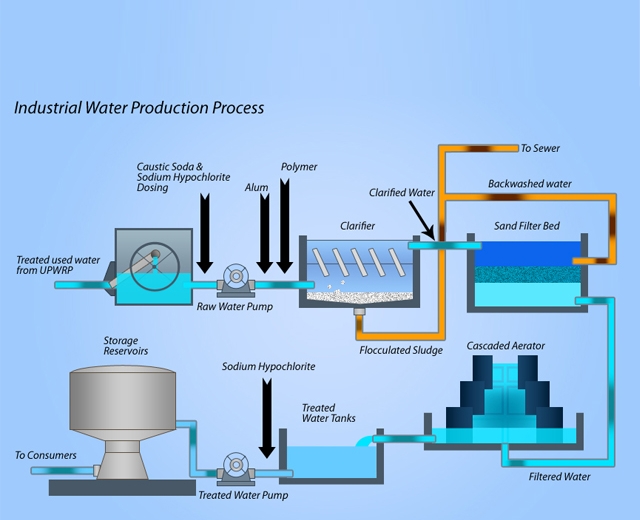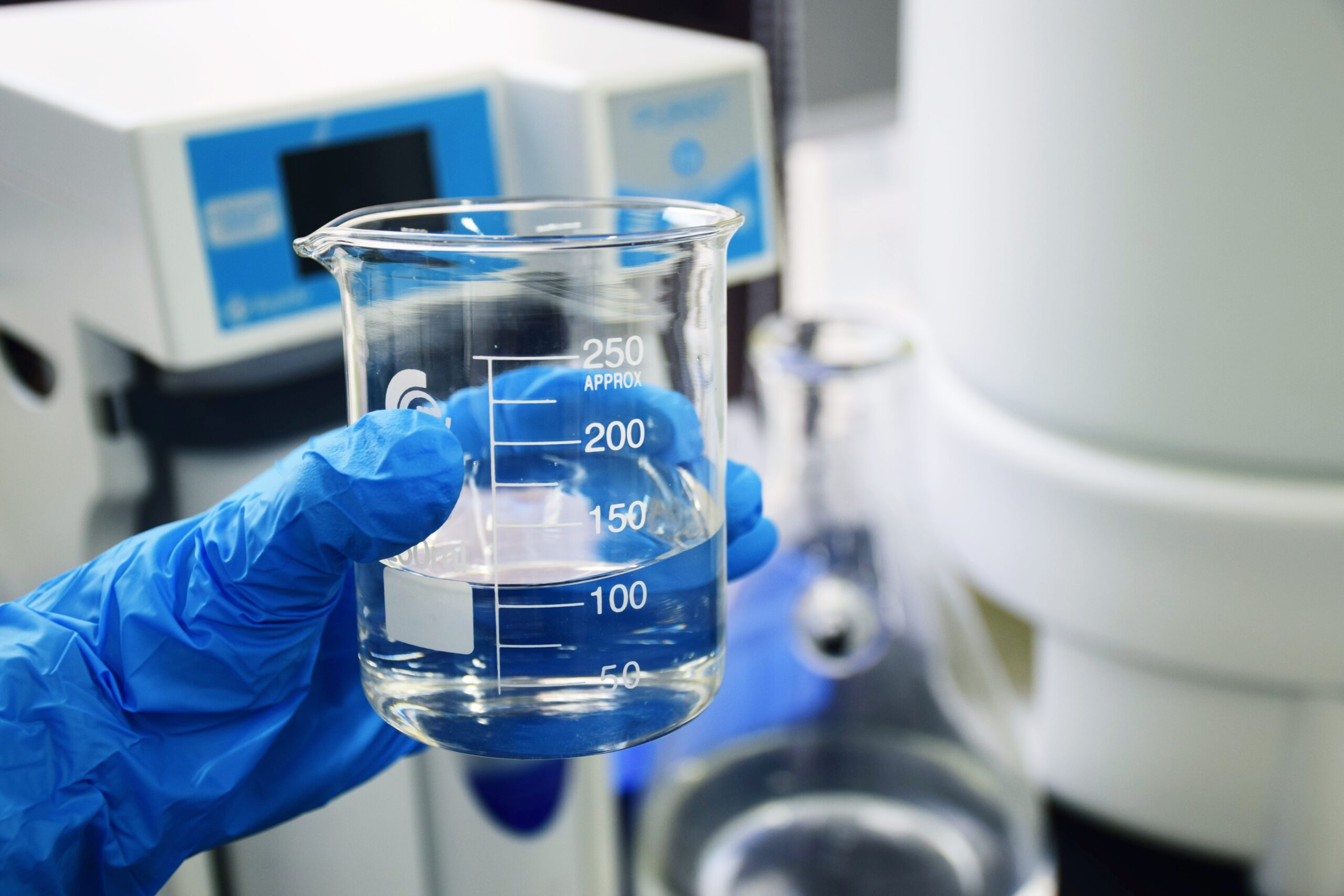Clean Water Facilitated with a Reliable Water Purification System
Clean Water Facilitated with a Reliable Water Purification System
Blog Article
Why a Water Filtration System Is Essential for Tidy, Safe Water
Accessibility to clean, safe water is a fundamental human right and a keystone of public health and wellness. The visibility of unsafe contaminants such as microorganisms, hefty steels, and chemical pollutants in our water supply raises severe worries about health and wellness. A water filtration system stands as a crucial remedy to reduce these threats, guaranteeing that people and neighborhoods can access secure drinking water. Recognizing the complexities of these systems and their numerous techniques is vital, specifically as we think about the implications for wellness results and environmental sustainability in our lives.
Importance of Clean Water
Access to tidy water is a basic necessity for human health and wellness and wellness. It is necessary for maintaining life, supporting health, and maintaining general public wellness. Water Purification System. The availability of risk-free drinking water dramatically reduces the threat of waterborne illness, which position a significant risk to communities worldwide. Infected water can lead to major health issues, including gastrointestinal illnesses, cholera, and dysentery, specifically in prone populaces such as kids and the elderly.
Furthermore, clean water is vital for cleanliness and hygiene practices, which are important in protecting against the spread of infectious diseases. Appropriate water system sustains proper cleanliness centers, advertising a healthier atmosphere. Furthermore, access to secure water affects socioeconomic elements, as it enables communities to involve in farming and commercial activities, eventually adding to economic development.
In many areas, the lack of clean water exacerbates destitution and inequality, additional impeding progress towards sustainable growth objectives. For that reason, making certain accessibility to clean water is not only a public health crucial yet likewise a foundation for social equity and economic growth. Initiatives to improve water high quality and infrastructure have far-ranging advantages, fostering healthier areas and enhancing lifestyle.

Common Pollutants in Water
Guaranteeing the availability of tidy water is threatened by different pollutants that can compromise its safety and security and top quality. The existence of microorganisms, such as parasites, infections, and germs, presents considerable health and wellness risks, particularly in locations lacking adequate cleanliness. These microbes can result in waterborne illness, leading to severe illness or also death.
Chemical pollutants likewise present an important issue. Hefty metals, including mercury, lead, and arsenic, frequently get in water supplies with commercial discharges or corroded pipes. These materials can collect in the body over time, leading to long-lasting health problems such as neurological damage and developing conditions.
Furthermore, agricultural drainage presents chemicals and plant foods into water systems, which can disrupt ecosystems and adversely influence human wellness. Nitrates, commonly located in fertilizers, can cause severe conditions like methemoglobinemia, particularly in babies.
Advantages of Water Filtration Equipments
Recognizing the essential demand for secure alcohol consumption water, water filtration systems offer a myriad of advantages that boost public wellness and environmental sustainability. Mostly, these systems properly remove dangerous contaminants, including microorganisms, viruses, hefty steels, and chemicals, guaranteeing that the water taken in is cost-free from virus and toxins. This reduction in contaminants dramatically decreases the threat of waterborne diseases, advertising overall area wellness.
Along with wellness benefits, water filtration systems add to environmental sustainability by reducing dependence on mineral water, which commonly produces excessive plastic waste. By making use of a filtration system, houses can lower their carbon impact and add to an extra lasting ecological community. Additionally, these systems can enhance the preference and smell of water, making it extra tasty for everyday consumption.

Various Kinds of Purification Methods

One usual approach is reverse osmosis, which makes use of a Read More Here semi-permeable membrane to separate water from dissolved impurities and solids. This procedure efficiently reduces impurities, consisting of hefty steels and chemicals. An additional commonly made use of technique is ultraviolet (UV) disinfection, which uses UV light to neutralize infections and microorganisms, making them safe without the use of chemicals.
Triggered carbon filtering is another prominent approach, utilizing carbon to adsorb organic substances, chlorine, and unpleasant odors, enhancing preference and odor high quality. Distillation, a process that includes boiling water and condensing the vapor, successfully removes minerals and pollutants but may need even more energy compared to various other methods.
Ion exchange is commonly made use of to soften water by replacing calcium and magnesium ions with salt or potassium ions. Each technique has its restrictions and advantages, making it vital to recognize their capabilities and efficiency in addressing certain water high quality issues - Water Purification System. Eventually, selecting the proper filtration technique is important for making certain safe and clean drinking water
Selecting the Right System
Picking a proper water filtration system calls for careful factor to consider of numerous aspects, including the certain impurities present in the water system, the volume of water needed, and the desired filtration technique. Initially, it is necessary to perform a water quality test to determine pollutants such as germs, heavy steels, or chemical toxins. This details will direct you in choosing a system that successfully targets those particular pollutants.
Following, evaluate your household's everyday water intake useful content to establish the system's capacity. Solutions are readily available in numerous sizes, from point-of-use filters for alcohol consumption water to whole-house devices that purify all water entering your home.
In addition, take into consideration the filtration technique that ideal fits your needs. Reverse osmosis is highly effective for getting rid of a broad variety of contaminants, while UV purification is superb for eliminating microbes.
Verdict
In verdict, the implementation of water filtration systems is critical for making sure access to risk-free and tidy water. By comprehending the relevance of clean water and the advantages of numerous purification methods, neighborhoods can make informed choices to secure their health and wellness and advertise socioeconomic security.
Identifying the essential need for risk-free drinking water, water filtration systems offer a myriad of benefits that boost public health and wellness and environmental sustainability.In addition to wellness benefits, water purification systems add to ecological sustainability by decreasing dependence on bottled water, which frequently creates extreme plastic waste. Eventually, the adoption of water purification systems is a positive action towards making certain tidy, risk-free water for future generations while guarding public health and the environment.
Picking a suitable water purification system needs careful factor to consider of different variables, including the particular contaminants present in the water supply, the quantity of water needed, and the desired filtration technique.In conclusion, the execution of water filtration systems is critical for guaranteeing accessibility to clean and risk-free water.
Report this page